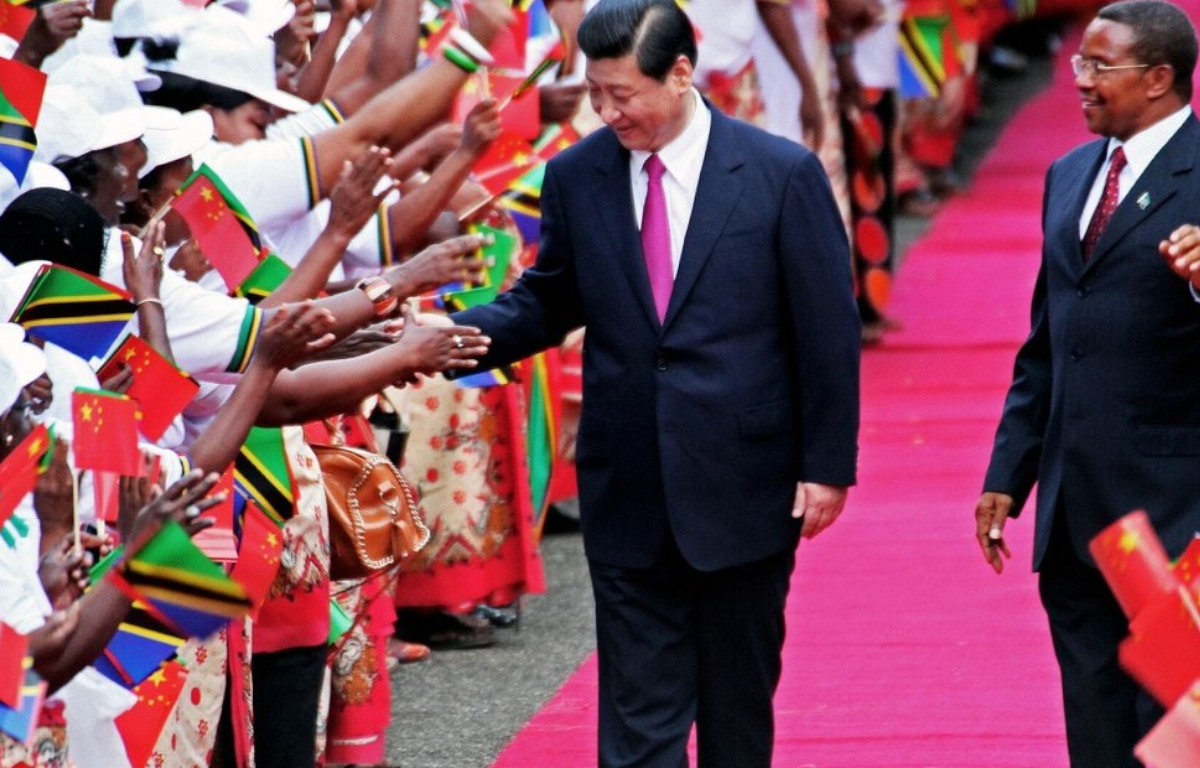
China has long enjoyed preferential trade status with the United States under the Most Favored Nation (MFN) principle. However, DeSantis contends that this status has given China unfair advantages, including intellectual property theft, currency manipulation, and the dumping of cheap products. He believes these practices have harmed American industries, leading to job losses and compromised national security.
Ending China’s preferential trade status would signify a significant shift in US-China relations and could have far-reaching consequences. It would likely result in higher tariffs on Chinese imports, making them less competitive in the American market. This move may provide relief to domestic industries struggling to compete with Chinese counterparts. However, it could also lead to retaliatory measures from China, escalating trade tensions between the two nations.
DeSantis’ call for an end to China’s preferential trade status reflects a broader trend of countries reevaluating their economic relationships in the wake of the COVID-19 pandemic. Supply chain disruptions and national security concerns have prompted governments to seek greater self-sufficiency and resilience in key industries. This policy shift could lead to the diversification of global supply chains and the exploration of alternative sourcing options in countries like India, Vietnam, or Mexico.
Governor Ron DeSantis’ call to end China’s preferential trade status highlights growing concerns about the economic relationship between the United States and China. While this move aims to address perceived imbalances and unfair practices, it also carries potential risks, including escalating trade tensions and higher prices for consumers. As the 2024 presidential race approaches, the stance on China’s trade status is likely to become a significant issue, shaping discussions on global trade and the future of US-China relations.










Share this: